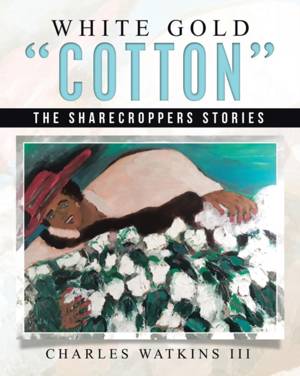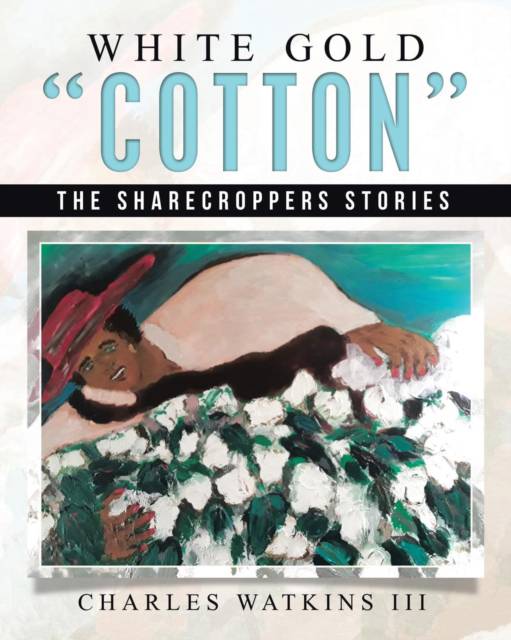
- Retrait gratuit dans votre magasin Club
- 7.000.000 titres dans notre catalogue
- Payer en toute sécurité
- Toujours un magasin près de chez vous
- Retrait gratuit dans votre magasin Club
- 7.000.0000 titres dans notre catalogue
- Payer en toute sécurité
- Toujours un magasin près de chez vous
34,95 €
+ 69 points
Description
This is set in the rural part of America in the 1960s. A great deal of African Americans were still in the South, picking cotton, chopping cotton, and working on plantations. Little did we know that in the 1960s, there was an industrial revolution not only in the north with the steel mills, stockyards, constructions, and in others, like domestic jobs in the home, hotels, and for drivers in all aspects of transportation. Every Sunday morning, African Americans would attend church, all day long in most situations because that was a tradition that was taking place in the South during the sharecropping days and slavery days. I found out that a great deal of churches provided financial support and education for the laughs because Americans were sharecroppers. African Americans, with their best Sunday clothes on, headed to the church to thank God for another week. Traditions such as gold traditions were maintained by the shoppers and also African American landholders and owners as well. There was also a great deal of landowners doing shopping. At this time, they did not have as much property as plantation owners. But they were lying on this, and they had so much pride in what they did in their work. These basic and general values for African Americans on Sundays is very powerful. Let us look forward to the next book that will discuss what happened after 1965 once the sharecropper grandson enters the Chicago metropolitan area after being gone for seven years and see his views and understanding of returning back from the rule of Mississippi to the Uptown Chicago. Lets see what changes in opportunity that will be taken advantage of and the disadvantages that he will experience. This is my view. This is my love for the book White Gold Cotton and Sharecroppers Stories. Charles Watkins lll, author of the book
Spécifications
Parties prenantes
- Auteur(s) :
- Editeur:
Contenu
- Nombre de pages :
- 112
- Langue:
- Anglais
Caractéristiques
- EAN:
- 9781489716835
- Date de parution :
- 08-05-18
- Format:
- Livre broché
- Format numérique:
- Trade paperback (VS)
- Dimensions :
- 203 mm x 254 mm
- Poids :
- 312 g

Les avis
Nous publions uniquement les avis qui respectent les conditions requises. Consultez nos conditions pour les avis.






